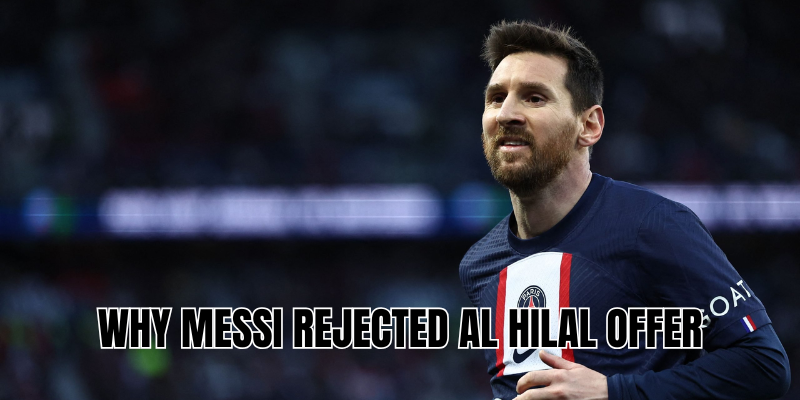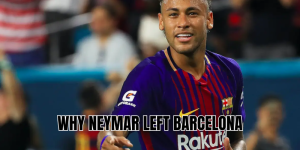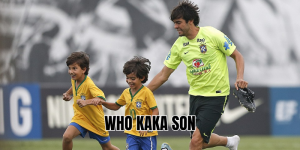From the moment Al Hilal’s president claimed to have tabled a €1.4 billion package for Lionel Messi, the football world buzzed with shock, disbelief, and speculation. Why would a superstar in his prime—or even in the twilight of his career—turn down an offer of that magnitude? In this article, QuraGoal will accompany you to explore the multiple layers behind why Messi rejected Al Hilal offer. Beyond simple financial logic lies an intertwining of family priorities, career ambitions, legacy motives, and personal peace.
The offer: Was it really that big?
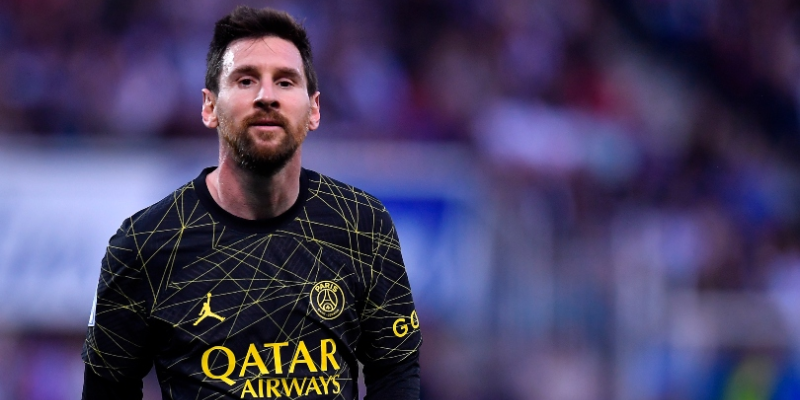
When Al Hilal’s boss Anmar Al Haili went public, he claimed: “We presented him with an offer of €1.4 billion, but the player refused because his family wanted America.”. Some reports added that weekly wages might have ranged between €15–20 million. Others phrased the deal in multiyear terms, indicating that Al Hilal would assume almost full control of Messi’s commercial and sporting rights.
However, skepticism immediately followed. Financial fair play rules, tax implications, and the logistics of such a contract raised more questions than answers. Still, the magnitude of the offer—be it €1.4 billion or something in that ballpark—was enough to make headlines worldwide.
The real issue, though, is that Messi never publicly confirmed those figures. Rather, he spoke instead of his motivations and internal priorities.
Family first: The heart over the wallet
One of the clearest threads in Messi’s reasoning is family. He has referred, on more than one occasion, to wanting “to think more about my family,” to place priorities on his children’s stability and well-being, and to reduce the perpetual limelight he’s carried for decades.
Multiple insiders and media investigations echoed this: the highest bid in football history would not persuade him if it meant uprooting his loved ones or sacrificing their peace. The Saudi offer, according to Al Hilal’s president, was declined because “his family wanted America.”
Choosing Inter Miami over Al Hilal wasn’t just about geography: it was about cultivating a lifestyle more suited to his and his family’s desires. In the United States, they could enjoy relative privacy, consistent schooling, a sense of normalcy outside the intense scrutiny of European football media. That quality of life, to Messi, outweighed even staggering sums of money.
Career vision: Playing, not just pocketing
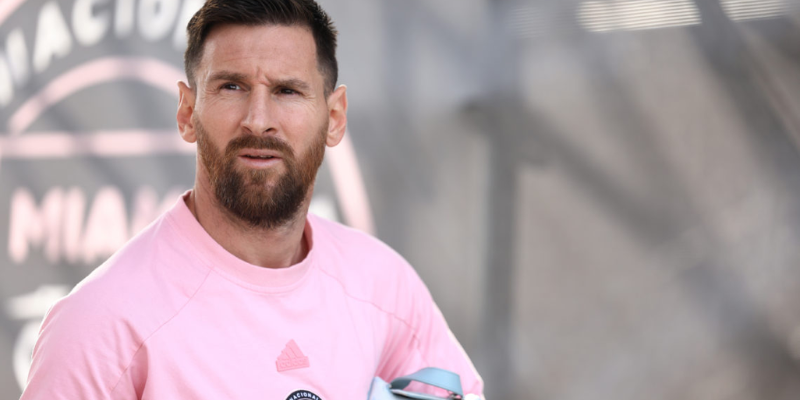
Beyond family, Messi has sometimes spoken about what remains for him as a player—not just a commodity. After leaving Paris Saint-Germain, he faced alternatives: a return to Barcelona, a European club to round off his career, or new ventures abroad.
Joining Al Hilal would likely have offered the flash, the spotlight, and the prestige of being part of Saudi Arabia’s push for big names. But it also risked transforming him into a mercenary signature rather than an active, meaningful contributor on the pitch.
In interviews, Messi suggested that he wanted to step “out of the spotlight a bit” and rediscover enjoyment in the game, rather than chase only fame or value. By contrast, Miami offered a place where expectations could shift, the pressure could ease, and his role could be more holistic—player, ambassador, mentor.
Legacy, identity, and the “Sporting Soul” argument
No matter how much money flows into football, legacy and identity still matter hugely for a player of Messi’s stature. His story is deeply intertwined with Barcelona, La Masia, and Argentina. A move to Saudi Arabia would not necessarily jeopardize that, but it would alter how the closing chapters of his career are viewed.
Messi has often framed his decisions not just in sporting terms but in emotional and symbolic ones. Returning to Barcelona was briefly an option, but financial constraints made that improbable. He could have gone to Saudi to chase big paydays, but then his narrative might shift from “legend taking on new challenge” to “big name chasing final payday.”
By choosing Miami, he opted for a path less dictated by cash. He gets to shape his final chapters on his terms, influence soccer growth in a new region (MLS), and keep control of his identity as not just a star but as a living legend.
Obstacles and red flags: Practical issues behind the scenes
Even beyond motivation and symbolism, several practical obstacles would complicate a move to Al Hilal:
- Contract structure & taxes: A deal that huge would run into severe tax, legal, and regulatory complications.
- Sporting regulation and league integration: The Saudi Pro League has different demands, foreigner limits, and adaptation challenges.
- Media pressure and expectations: A move to Saudi would come with near-God expectations for daily results.
- Rest, workload, and longevity: At his age, managing minutes, injuries, travel, and recovery becomes critical; MLS may offer a gentler schedule.
Some insiders speculated that such an offer was more aspirational or positional (to push other deals) than credible. Nonetheless, even if parts of it were exaggerated, the decision to reject it still carries weight.
Why Inter Miami became his choice instead
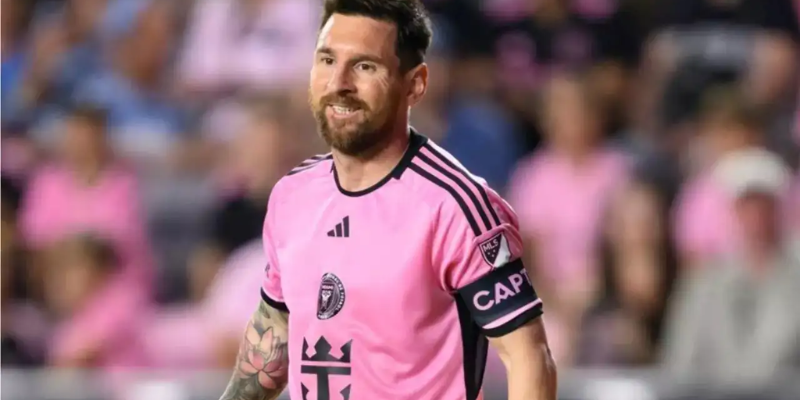
When Messi signed with Inter Miami, it wasn’t as though he walked into anonymity. He arrived as a global icon, and his presence has already shifted league perceptions and media focus. But why that over Al Hilal?
- Personal comfort & lifestyle: Florida’s climate, the presence of Spanish-speaking communities, and a calmer public life made it strategically attractive.
- Control and flexibility: In the U.S., he may maintain more control over endorsements, image rights, and branded ventures without as many constraints.
- Project & influence: He can help shape the club, grow soccer culture in the U.S., and leave a different kind of imprint.
- Legacy narrative consistency: Choosing non-wealth over wealth reinforces the narrative that Messi still plays for the beauty of football.
In short: Miami aligned more with who he is now—not just as a footballer, but as a father, partner, legend.
What this refusal signals for the football world
When the world’s greatest player rejects what may have been the most lucrative offer ever, the ripples are profound:
- It elevates the value of non-monetary incentives in transfers: values, brand fit, lifestyle, legacy.
- It challenges the assumption that players always chase money.
- It sends a signal to leagues chasing superstars that unless they present more than cash, they may not secure loyalty.
- It deepens the story of Messi not just as a footballer, but as a conscious architect of his own ending.
Conclusion
Why Messi rejected Al Hilal offer comes down to far more than pure arithmetic. It’s a story of a man who has already earned everything money can buy, turning instead toward what money cannot guarantee: peace, dignity, legacy, identity, and purpose. He chose family over headline figures, control over spectacle, and meaning over mere accumulation.
If you’ve enjoyed this deep dive by QuraGoal, feel free to explore our other pieces: profiles on top players, transfer rumors dissected, or how the MLS is reshaping the global game. Want comparisons—like why Ronaldo chose Saudi or how Messi’s MLS impact compares to PSG days? Let me know, and I’ll be happy to write them next.

